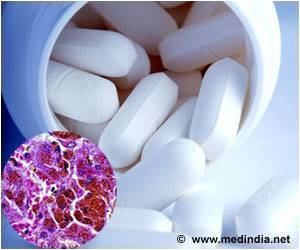
Worried about post-bypass surgery complications, Singh consulted several other health experts who suggested him to opt for Chelation therapy.
Chelation therapy is a chemical process in which a synthetic solution ethylenediaminetetraacetic acid is injected into the bloodstream to remove heavy metals and/or minerals from the body.
As part of the therapy at Sibia Medical Center, Singh underwent 30 treatment sessions that helped him regain normalcy in health.
According to the doctors, formation of blood clots, after stents are implanted in patients, lead to heart attacks and sudden death.
Cardiologists for long have pondered what action to take in such situations, and now Chelation therapy has proven to be the perfect solution.
Advertisement
"In addition to Chelation therapy, cardiovascular rehabilitation program should include aggressive lifestyle change for all heart patients with or without angioplasty, stents or bypass surgery," said S.S. Sibia, director of Institute of Preventive Heart Care and consultant at Sibia Medical Center.
Advertisement
"For maintenance, treatments are administered monthly because new platelets are formed approximately every 3.5 weeks. Monthly treatments provide continued platelet aggregation inhibition."
Source-Medindia














